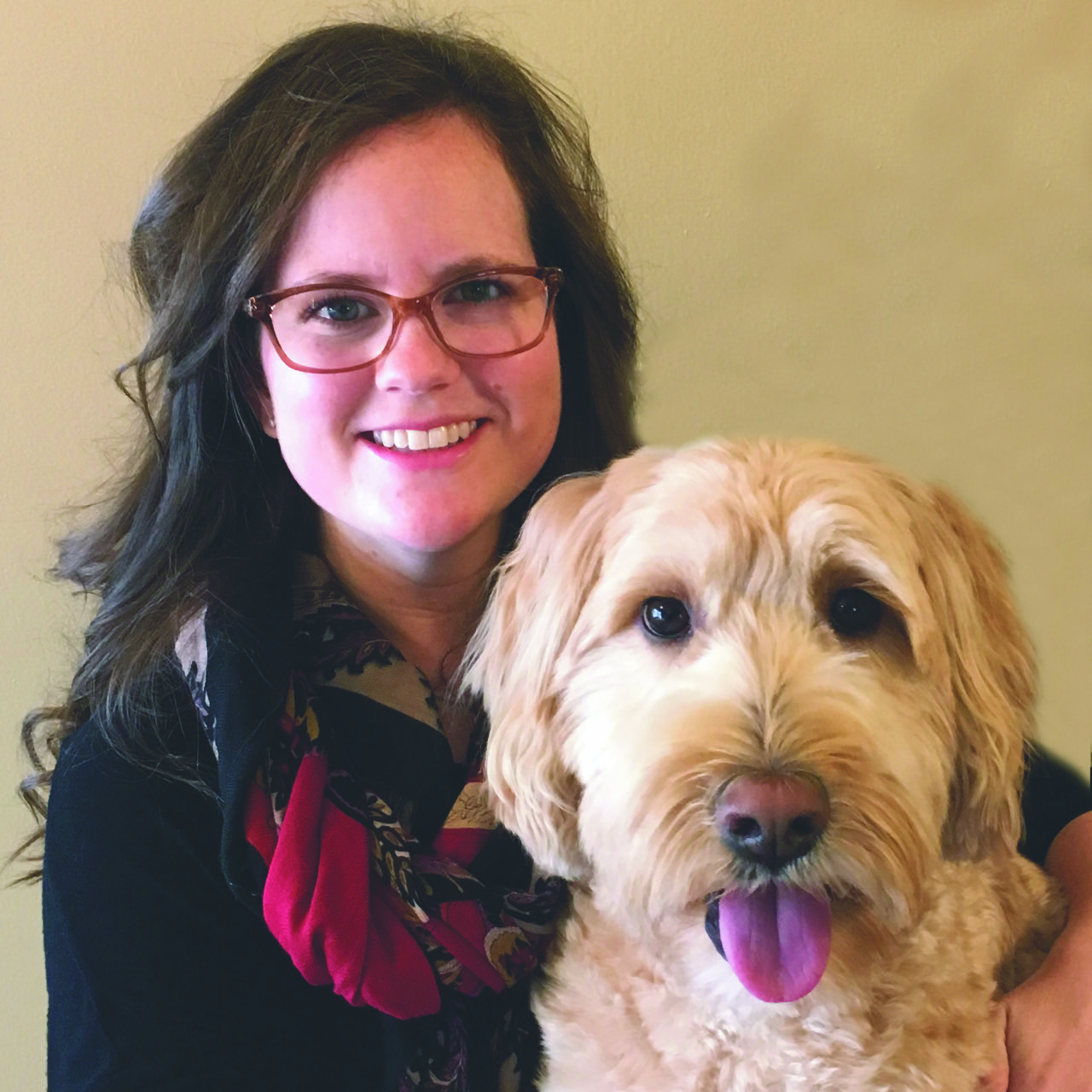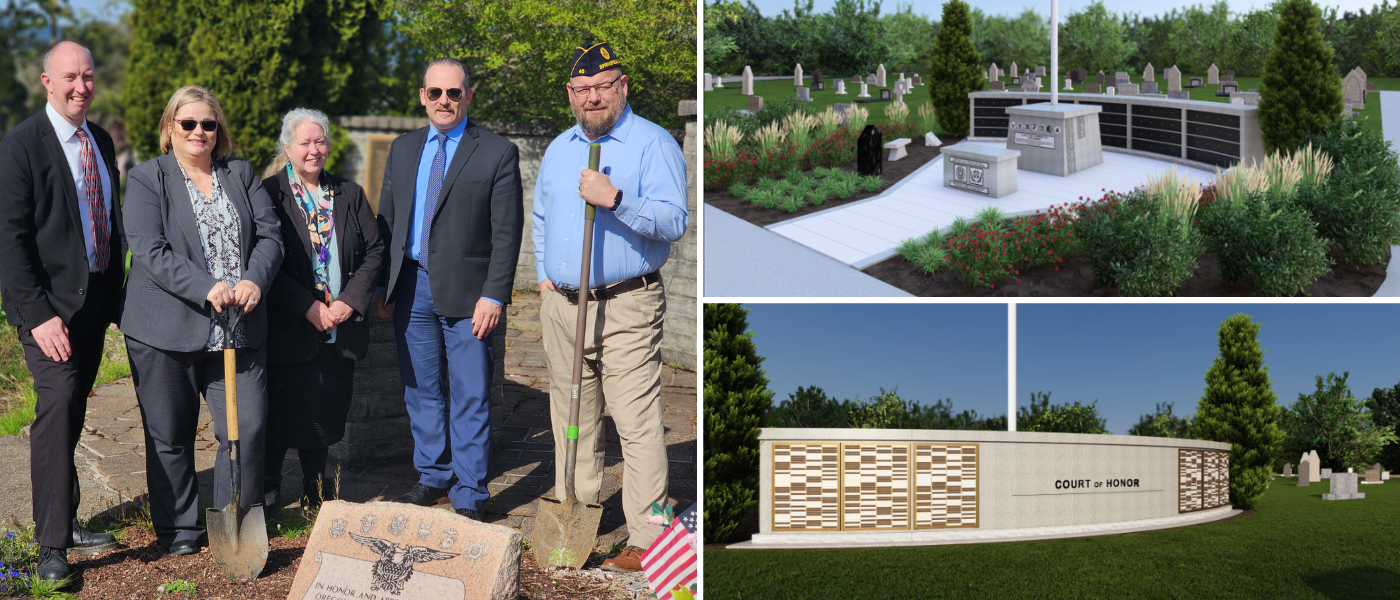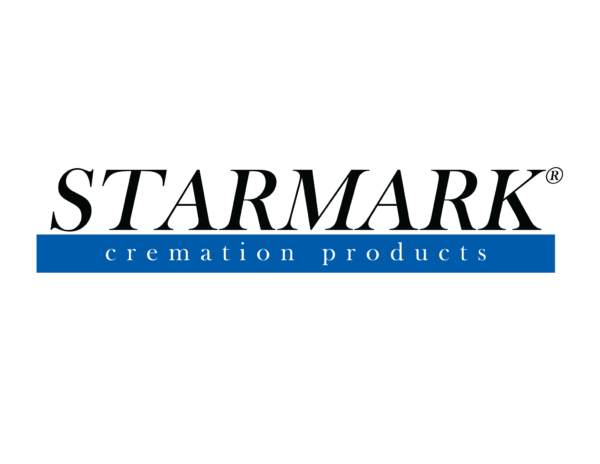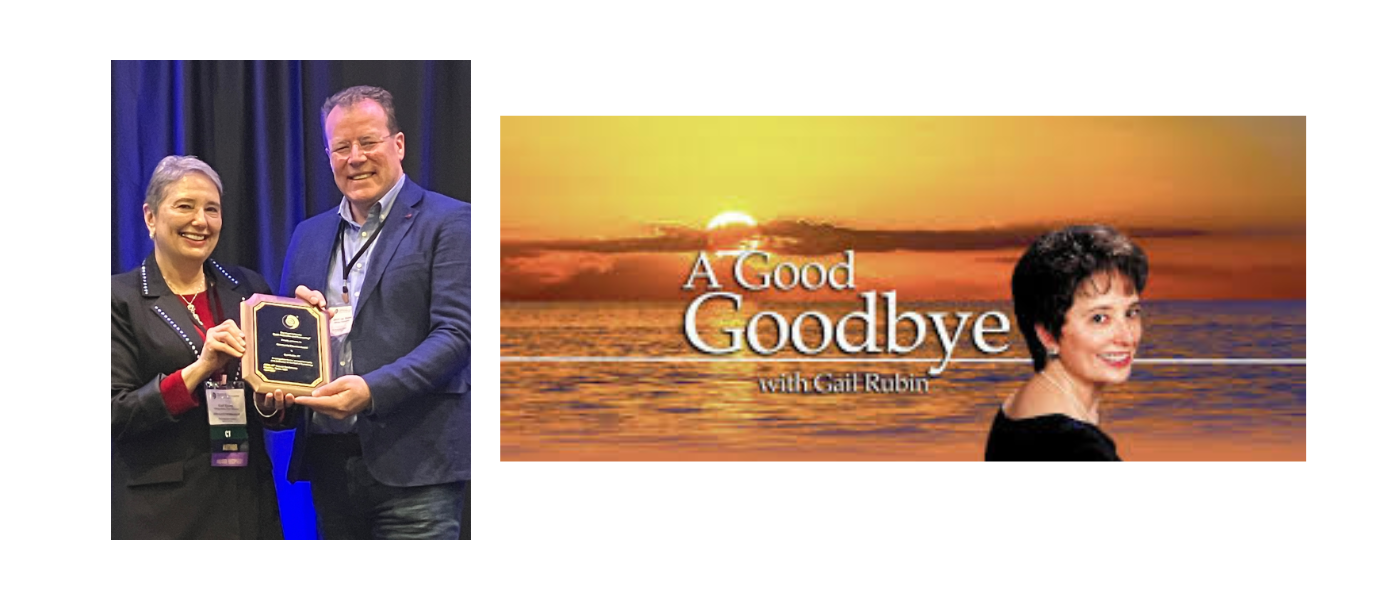5 Ways to Build Your Business
The use of therapy dogs is becoming more common, and there can be great benefits to your business for having one in-house – after all, they’re social media gold! But it’s not enough to just pick up a random pooch.
First, it’s important to understand the difference between therapy, service, and emotional support dogs. Therapy dogs are trained to provide affection and comfort to people in various settings, such as disaster areas, hospice, nursing homes, funeral homes, etc. Typically, emotional support dogs provide benefits to their owners through simple companionship. Service dogs are trained specifically to help people with disabilities such as mental illness, visual impairment, seizure disorder, etc.
Not all dogs will make good therapy pets. The work—and, yes, it is work— can be tiring and stressful and requires the right personality. There are many characteristics to look for in a suitable therapy dog, including a deep love for all people (strangers included), emotional and physical calmness, and an affinity for being hugged and petted.
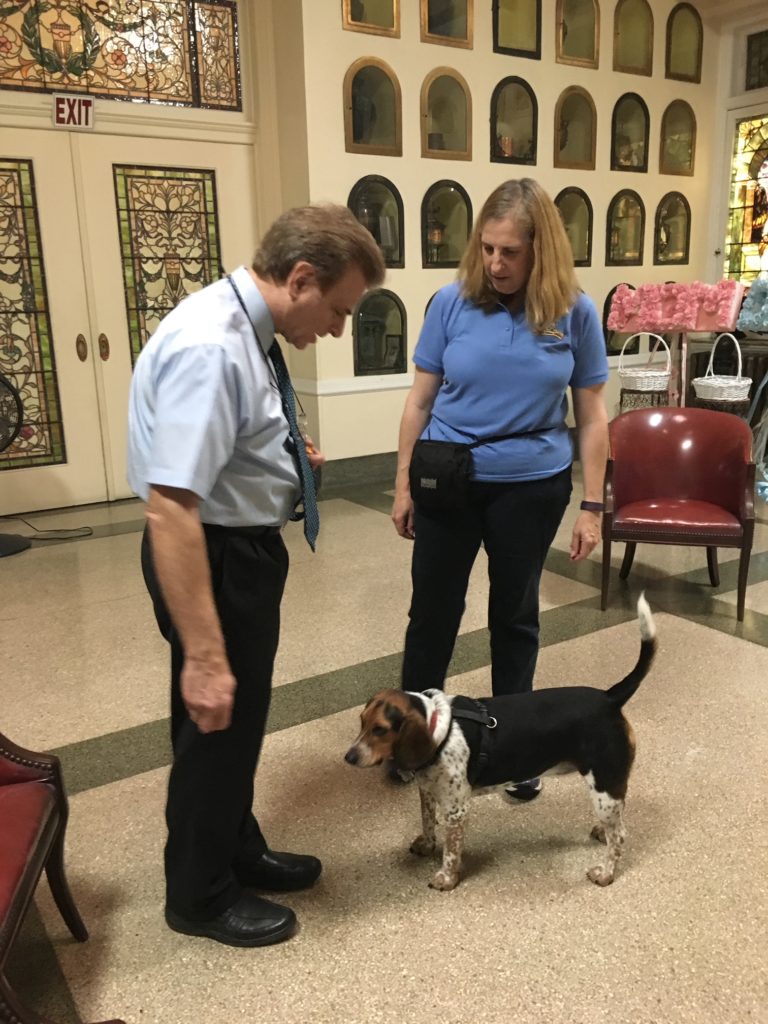
Once you find the right dog, you both have to go through training. The dog needs to learn good manners and be able to respond appropriately in various situations. You will need to learn to read and communicate with your dog. There are many organizations that can provide therapy dog certification, including the American Kennel Club, Delta Pet Partners, and Therapy Dogs International.
But there is more than just finding the right dog and going through training. You will need to consider all of the costs involved (the dog, training, vet bills, food, etc.), how much time and commitment will be required for both training and daily care, the logistics of when and how the animal will interact with people at the business, and more.
Join practitioners Robert Hunsaker, Lindsey Ballard and J.P. DiTroia at CANA’s 2018 Cremation Symposium for these stories and more. Their panel and roundtable discussion will share their therapy dog experiences with you at different places in the process, their successes and setbacks, so you can make an educated decision.
Robert Hunsaker, Hunsaker Partners, has been involved in the funeral industry his entire life, as his father was a funeral director and they were living in a funeral home when he was born. From an early age, he has worked for a memorial park and a group of funeral homes. He finds great satisfaction in helping families during a very difficult time of their lives and enjoys establishing relationships with all those he is honored to serve. Robert has a Bachelor of Arts in Economics from Weber State University and has worked in sales and executive positions for several companies that serve the funeral industry, including: Batesville Casket Company, Great Western Insurance Company, Service Corporation International and SinoSource International, Inc.
Lindsey Ballard is a third-generation funeral director and owner of Ballard-Sunder Funeral & Cremation in Minnesota. She loves her work and is passionate about creating personalized and meaningful services for the families she works with. Lindsey is always looking for new and inventive ways to serve her community, including the work she does with her dog, Fletcher.
J.P. DiTroia serves as President of the U.S. Columbarium Co. at Fresh Pond Crematory in Middle Village, NY and has worked there since 1967. He served on the Board of the Metropolitan Cemetery Association for 9 years and is now co-chair of the Cremation Committee. He presently serving on the Board of the New York State Association of Cemeteries. He has been a committee member of the Metropolitan Funeral Directors Association since 1979. His therapy dog’s name is Gina.

